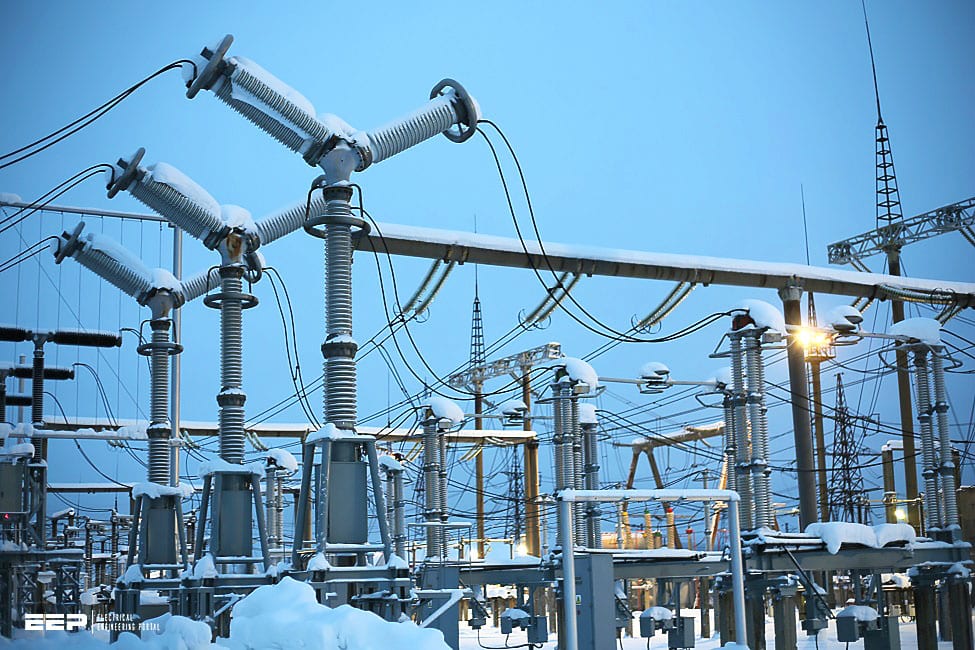Amidst the ongoing debate over the new electricity tariff and persistent challenges in power supply, Nigeria’s electricity generation took a sharp witnessed a decline of 32.3% to 2,775 megawatts (MW) yesterday.
This was revealed in a data released by the Nigeria Electricity System Operator (NESO), a semi-autonomous unit of the Transmission Company of Nigeria (TCN).
Despite recent adjustments in billing for Band A power consumers, there has been little improvement in the power value chain. Findings indicate fundamental issues such as: inadequate supply of gas to thermal stations, coupled with the deteriorating state of transmission lines. Throughout this year, electricity generation has struggled to surpass an average of 4200 megawatts.
According to information from the Independent System Operator (ISO), as of 6 pm yesterday, load allocation to the eleven Distribution Companies (DisCos) stood at 2,775.00 Megawatts. Among these, Abuja Disco received the highest allocation at 428MW, followed closely by Ikeja Electric at 422MW, and Eko Disco at 359MW. Conversely, distribution companies such as Yola Disco and Jos Disco received the lowest allocations, further exacerbating the uneven distribution of electricity across the country.
The insufficient generation capacity has compelled DisCos to resort to load shedding, a practice aimed at distributing the limited electricity to various areas at different times. In response to customer grievances, some DisCos have taken to social media to address the challenges.



